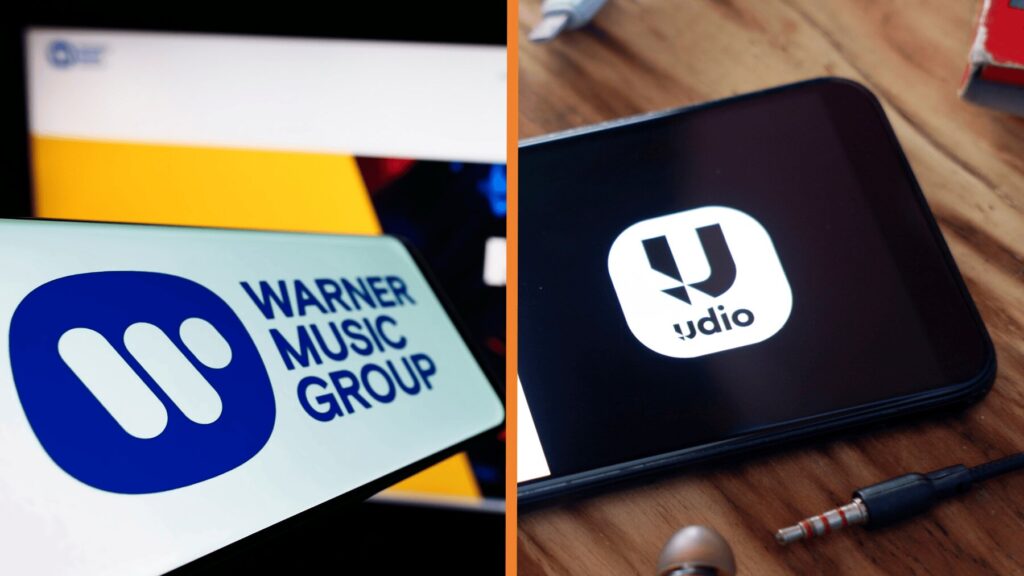Warner Music Group has resolved its copyright dispute with the AI music company Udio and, in a surprising turn, the two organizations are now joining forces. Alongside ending the legal battle, they’ve signed a licensing agreement that sets the stage for a new AI-driven music creation service expected to debut in 2026.
According to Warner Music, this upcoming platform is intended to be a “new generation” space where fans can create, listen to, and discover music using technology trained only on legitimate, licensed material. The company says this approach will simultaneously open up additional income opportunities for artists and protect their creative output from misuse.
The service, which will operate on a subscription model, will let users craft remixes, reinterpretations, and even entirely new songs using the vocals and compositions of artists and writers who choose to be part of the system. Warner Music notes that contributors will be properly credited and paid for their participation, ensuring transparency and respect for creators’ rights.
Robert Kyncl, Warner Music Group’s CEO, emphasized the importance of protecting the intellectual property of artists and songwriters. He stated that Udio has taken significant steps to ensure every piece of music on the platform is cleared and legally authorized. He added that the partnership supports the company’s broader mission of developing AI tools responsibly, enabling new creative possibilities without compromising artistic integrity.
Warner Music represents major stars such as Lady Gaga, The Weeknd, Coldplay, and Sabrina Carpenter, making this collaboration particularly notable for the industry.
Andrew Sanchez, Udio’s co-founder and CEO, echoed these sentiments. He described the partnership as a major milestone toward a future where technology boosts artistic expression rather than replacing it. He said the platform will give fans the chance to interact more deeply with the artists they admire — even creating music “alongside” them in a protected, creator-first environment.
This agreement also signals a shift in how major labels are dealing with AI. Last year, Warner Music, Sony Music Entertainment, and Universal Music Group all filed lawsuits against Udio and AI competitor Suno for allegedly using copyrighted material without permission. Now, some of these same companies are exploring licensing deals with the very platforms they challenged.
In a related development, Suno revealed that it has raised $250 million in its latest funding round, reaching a valuation of $2.45 billion — a sign that investors still see enormous potential in AI-generated music technology.

